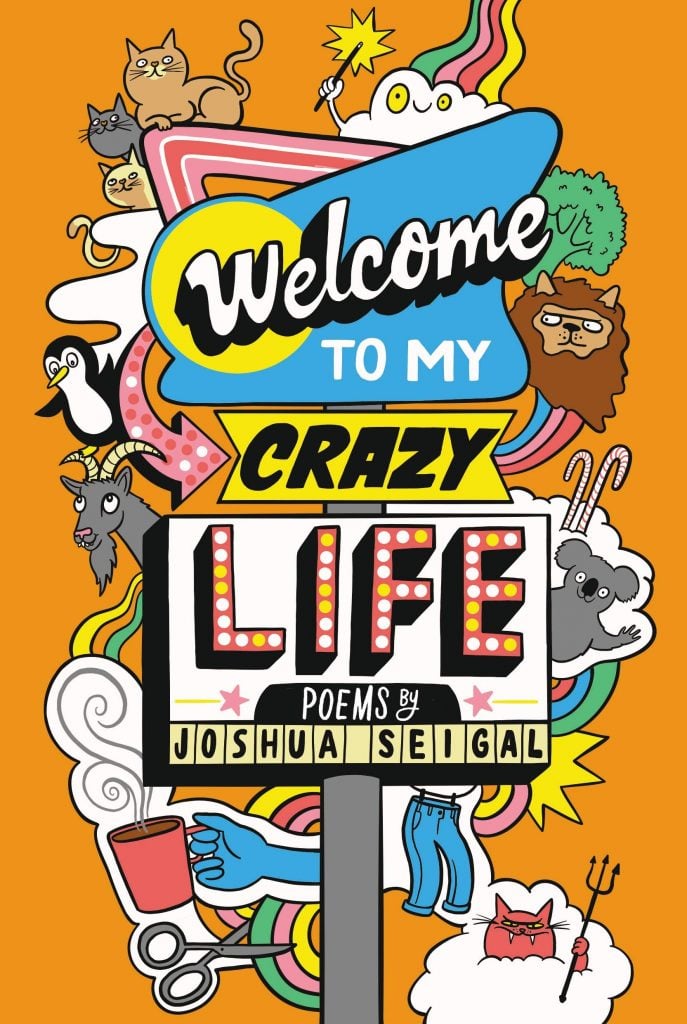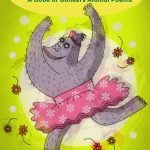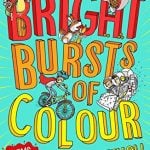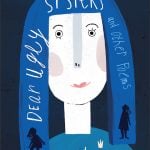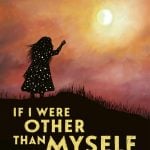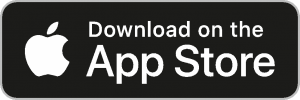Children’s poet Joshua Seigal joins us today,
Clap your hands and shout, ‘Hip-hip hooray!’
He’ll talk about poems, words and books
So join us in The Realm and take a look!
Without giving too much away can you tell us a bit about your new book Welcome to My Crazy Life?
It’s basically a mixture of poems, in all different styles and about all different things. The overarching theme, if there is one, is simply to display the joy and possibility of language.
The collection begins with a poem called ‘Welcome’ where you say ‘some people seem to think my job is not worthwhile’. Do you feel poetry is given the time and respect it deserves?
I think in schools there is a growing appreciation of the power and impact that poetry can have across the curriculum, and I also think various ‘spoken word’ artists are rendering poetry more and more accessible to the general population. But it is doubtless true to say that in many quarters poetry is viewed as something remote, inaccessible or simply boring. My aim with this book, and my other books, is to change that perception.
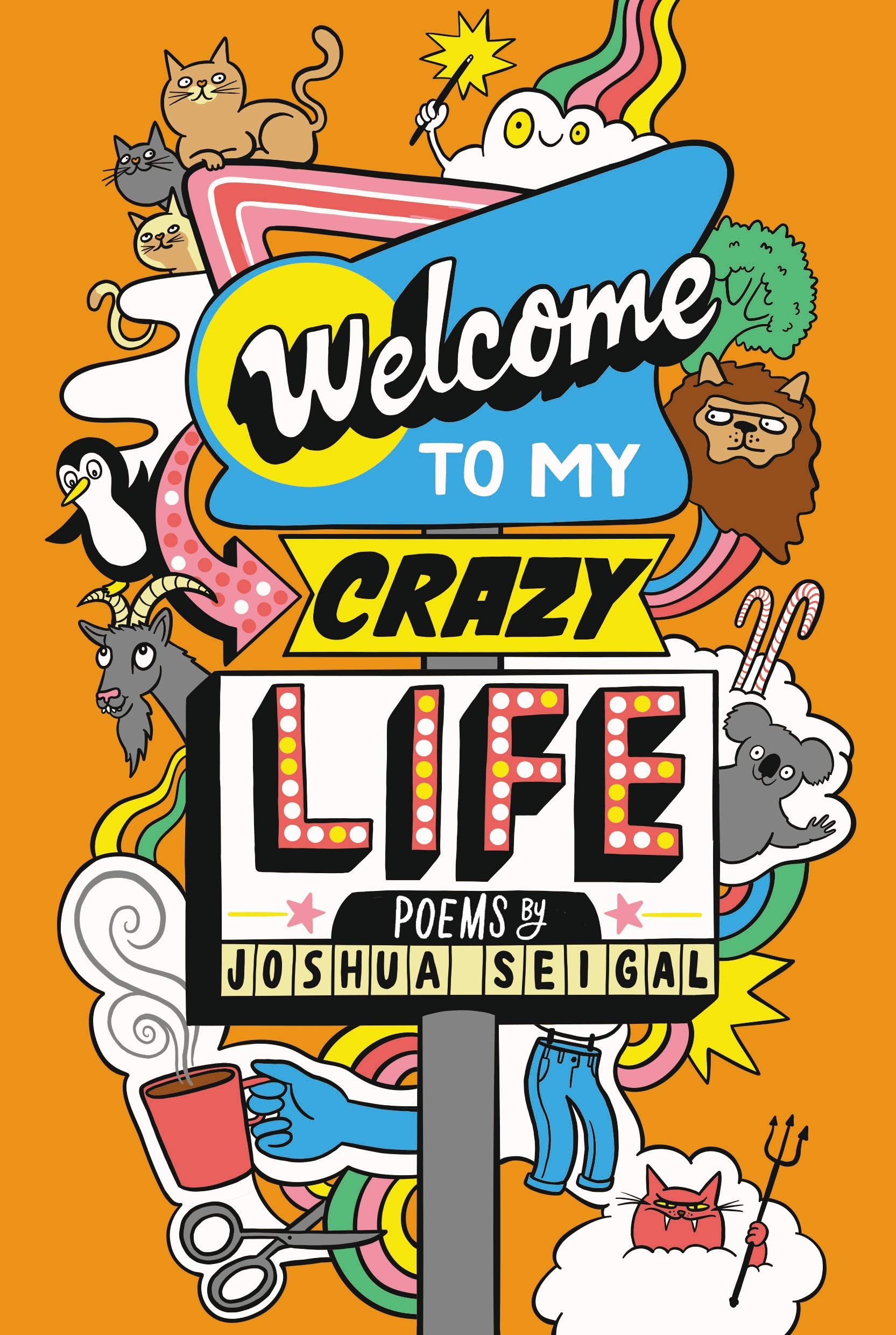
The poem ‘I Like Reading’ explores all the different things we can read – leaflets, magazines and even cornflakes packets. What would you say to parents and teachers who are worried their children only like reading one type of thing?
This poem was very much based on my own experience of reading as a child. I liked reading lots of different stuff, but not always the kind of books that the adults said I ‘should’ be reading. I believe there is no single correct way of reading, and children should be encouraged both to read widely and also to read whatever they happen to want to read.
I really like the poem ‘Not Enough !’ I’ve not seen a poem set out like that before! Very often in poetry the blank space around the words is just as important as the poem itself – why is this?
I’ve no idea! With this poem I was trying to use the blank space to express absence, and also I was trying to do something clever and different. I hope it works. I think it is a perfect example of how poetry can be a way of playing around with words and possibilities.
In ‘Everyday Wizards’ you celebrate the ‘normal’ people in our world doing brilliant things. Who were your Everyday Wizards when you were young?
I’m not sure. Probably my mum, and as I got older certain teachers probably fulfilled that role.
I had a breakdown four years ago, so the poems ‘Dealing with Fear’ and ‘Anxiety’ very much resonated with me. How important is it, do you think, to talk to children about mental health issues and looking after our mental health?
Hugely important. I have always struggled with my own mental health so writing and sharing poems like these is hugely important to me, and I know from having worked for three years in a secondary school that poetry and spoken word can be an amazing catalyst for the exploration of these important issues.
As well as some very moving poems, there are also LOTS of fun, witty poems. For example, there’s mild-mannered Marjorie who turns into the Coffee Monster in the morning and there’s ‘Eye Like to Rhyme’ which is a playful celebration of words and spellings. Do you have a favourite funny poem in the collection? Do you have a preference for writing funny poems?
My penchant for funny poems is actually very much linked to the mental health issues I mentioned earlier. I started writing funny poetry as a way of amusing and distracting myself during episodes of depression. But yes, I love writing funny poems and I love making audiences laugh. My favourite funny poem in the collection is probably ‘Mrs Ironbladder’. I had a lot of fun writing that one!
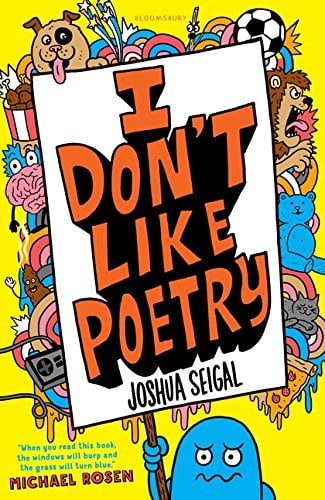
It’s great to see a ‘Get Writing’ section in the back of the book, where you encourage readers to try writing their own poetry. What advice would you give to teachers who feel worried about introducing poetry into their class?
Use warm-up activities to generate ideas, and expose children to a wide range of styles and varieties of poetry to enable them to get inspired. Also, remember that poetry does not have to rhyme! There are many other tools in the toolkit for poets to use.
What other poetry books are you looking forward to reading this year?
Matt Goodfellow’s ‘Bright Bursts of Colour’ (also from Bloomsbury) is what immediately springs to mind. And Sue Hardy-Dawson’s and Laura Mucha’s new books should be fab. And anything from the poetry machine that is Neal Zetter.
Finally, can you describe Welcome to My Crazy Life in three words?
I like chocolate.
